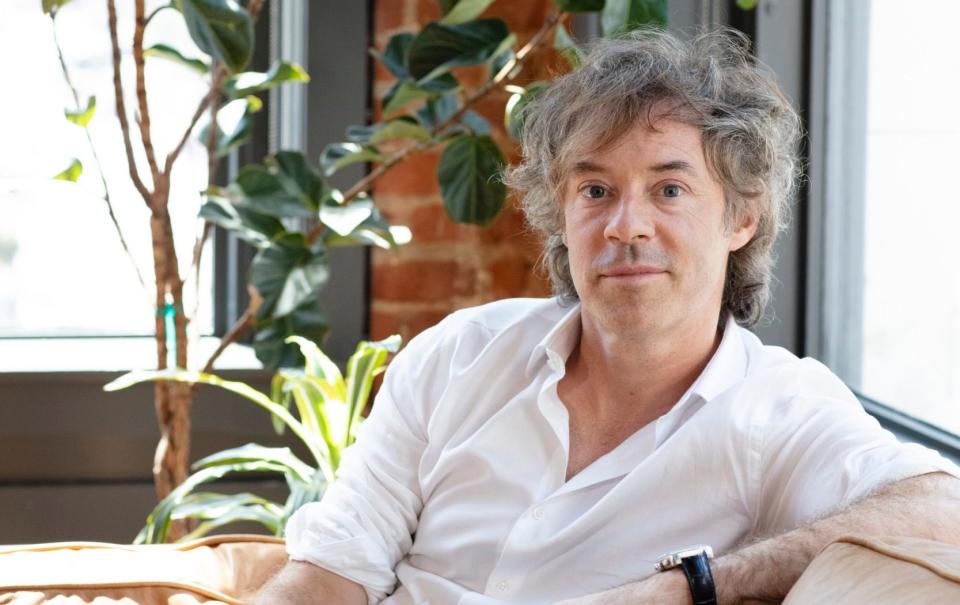Meditation app Calm cuts 20pc of staff as Covid mental health boom cools

A meditation app founded by a British entrepreneur has slashed 20pc of jobs as the Covid-fuelled boom for mental health technologies cools.
Mindfulness app Calm, founded by Michael Acton Smith, will cut 90 jobs amid a wider tech downturn.
San Francisco-headquartered Calm developed an app that claims to reduce stress and improve sleep through meditation exercises. It has signed up celebrities including Matthew McConaughey, Cillian Murphy and LeBron James to voice its audio guides. Users pay £28.99 per year to use its tools.
Calm and other mental wellness apps have grown rapidly in recent years as anxiousness levels spiked during the pandemic.
However, analysis for The Telegraph by SensorTower, which monitors mobile app use, estimates that downloads have dropped 30pc over the last 12 months as Covid pressures have eased.
David Ko, Calm’s chief executive, informed staff of the layoffs on Thursday, the Wall Street Journal first reported.
“Regrettably, today we are reducing our overall workforce by 20pc,” he said in a memo. Insiders told the newspaper that the macroeconomic climate had forced the company to cut costs.
“While some of you will be impacted, all of you will be affected. I can assure you that this was not an easy decision, but it is especially difficult for a company like ours whose mission is focused on workplace mental health and wellness.”
Calm was launched by Mr Acton Smith in 2012 and raised $75m (£61m) in 2020, valuing it at $2bn. Investors include Salesforce co-chief executive Marc Benioff and celebrities Harry Styles and Ashton Kutcher.
The pandemic created a surge in interest in mental health apps that allowed people to relax, meditate or get remote counselling while stuck indoors.
However, as the world has opened up, some experts have questioned their efficacy compared to one-to-one counselling. There are thousands of mental health apps available to download, but little oversight over their usefulness.
Mental health apps raised a total of $5.5bn in 2021, analysts CB Insights found, but funding levels dropped 60pc in the first three months of 2022.
In one review of 57 mental health apps, psychologists found that two thirds had been developed with no input from the mental health profession.
Security researchers at Mozilla also said mental health apps displayed a “disturbing lack of concern surrounding user security and privacy”. Last month, more than 70,000 emails for the virtual mental health service FeelYou were discovered by security researchers.
Calm confirmed the job cuts.

